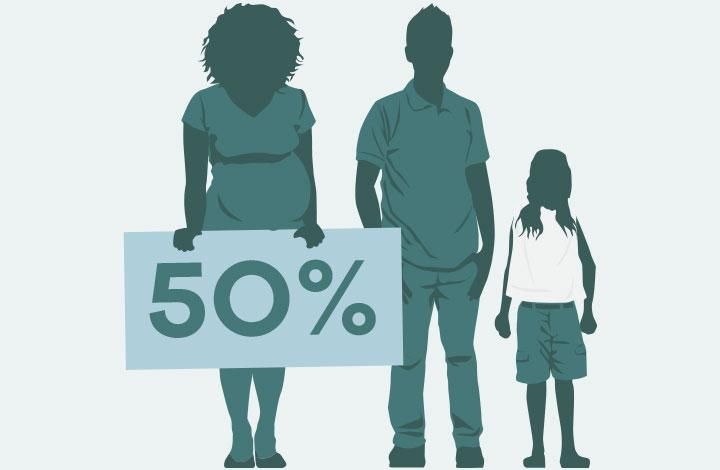In recent years, there has been an acknowledgement that mental health research is significantly below the equivalent of physical health.
As measured by Years Lived with Disability, mental disorders account for at least 21% of the UK disease burden1, although further research suggests this has been underestimated by at least a third.2 In 2018, only 6.1% of the UK’s health research budget was spent on mental health3 and funding has remained largely unchanged for a decade.4
There have been recent boosts to mental health research; for example, the Department of Health and Social Care (DHSC) and the NIHR have announced a new £30 million Mental Health Research Initiative in 20215, and in May 2023, a new £42.7 million investment into mental health research has been announced by the NIHR and the Office for Life Sciences.6
But the Royal College of Psychiatrists have stated that “We urgently need more funding for mental health research. If we’re serious about treating mental and physical health equally, funding for mental health research needs to increase exponentially.”7
References
-
Vigo D, Thornicroft G, Atun R. Estimating the true global burden of mental illness. Lancet Psychiatry. 2016;3(2):171-178.
-
UK Clinical Research Collaboration. UK Health Research Analysis 2018. January 2020.
-
MQ. UK Mental Health Research Funding 2014–2017. 2017
-
£30 million investment to rebalance the scale of mental health research
-
RCPsych supports Government funding for research into severe mental illness
Our 2016 study 'The Fundamental Facts about Mental Health' follows a comprehensive summary of mental health research, providing a unique handbook of key facts and figures, covering all key areas of mental health.
Find out more